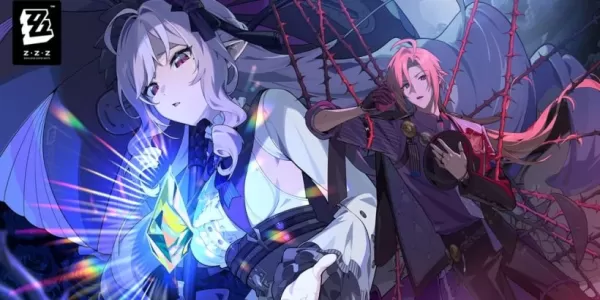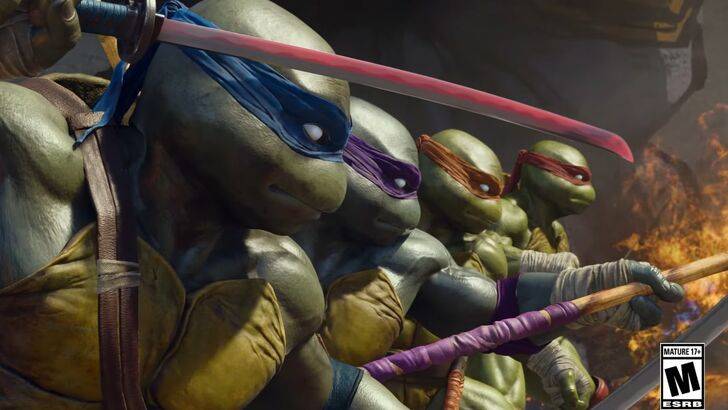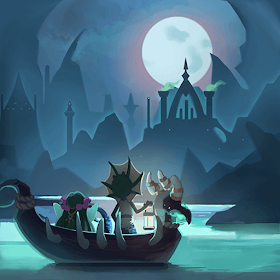Activision recently grabbed the attention of the gaming community by unveiling advertisements for new projects based on its beloved franchises, including Guitar Hero, Crash Bandicoot, and Call of Duty. However, the spotlight wasn't on the games themselves, but rather on the fact that the promotional materials were crafted using neural networks.
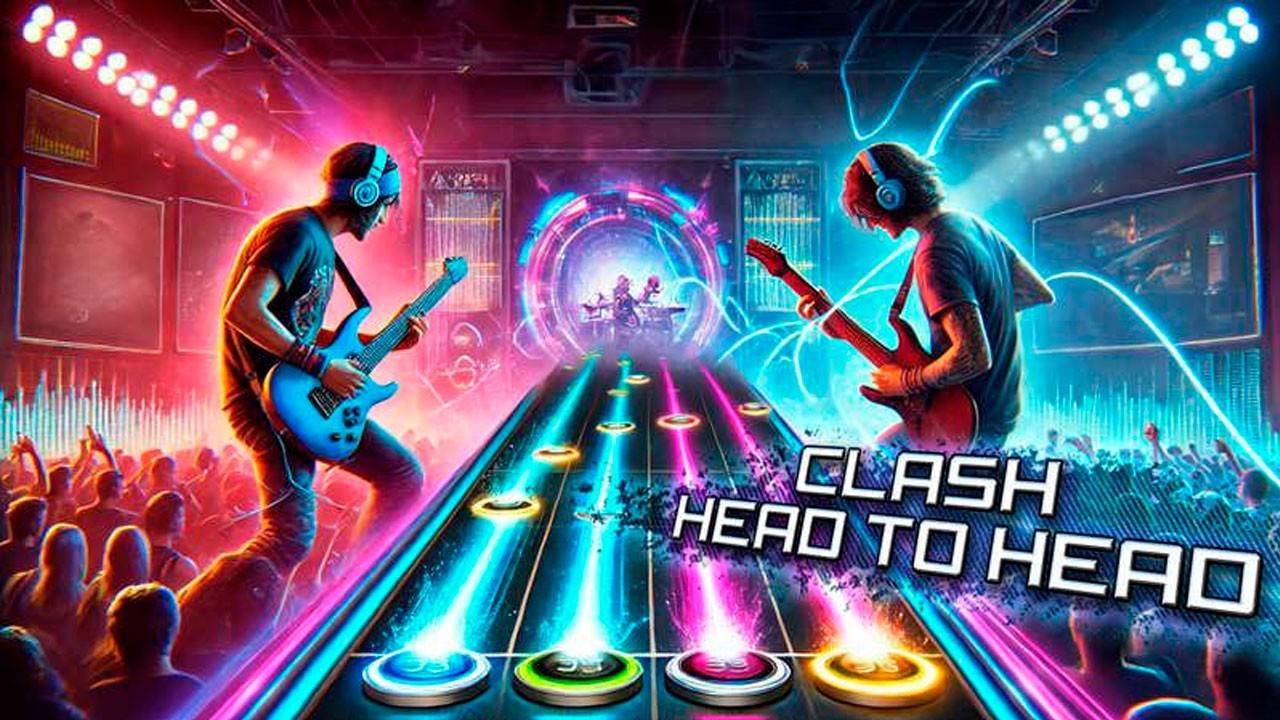 Image: apple.com
Image: apple.com
The initial advertisement surfaced on one of Activision's social media channels, promoting Guitar Hero Mobile and directing users to a pre-order page on the App Store. The peculiar, almost otherworldly visuals quickly caught the eye of gamers, igniting a flurry of discussions. Reports soon followed about other mobile titles from the company, such as Crash Bandicoot Brawl and Call of Duty Mobile, which also showcased AI-generated art in their promotional materials. Initially, there was speculation that Activision's accounts might have been compromised, but it was eventually revealed to be an unconventional marketing experiment.
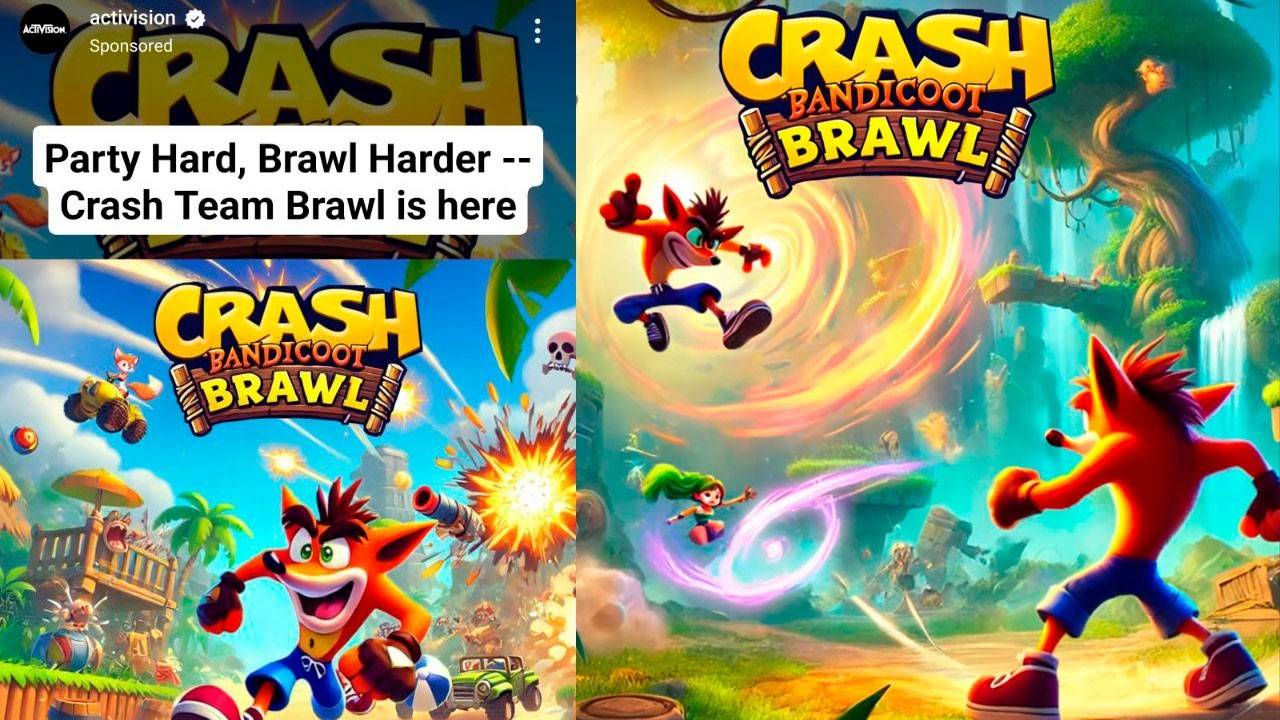 Image: apple.com
Image: apple.com
The response from the gaming community was overwhelmingly negative. Fans voiced their discontent over Activision's decision to employ generative AI instead of collaborating with professional artists and designers. There were widespread concerns that this could degrade games into what many called "AI garbage." Some even likened Activision's move to that of Electronic Arts, a company known for its contentious decisions within the gaming industry.
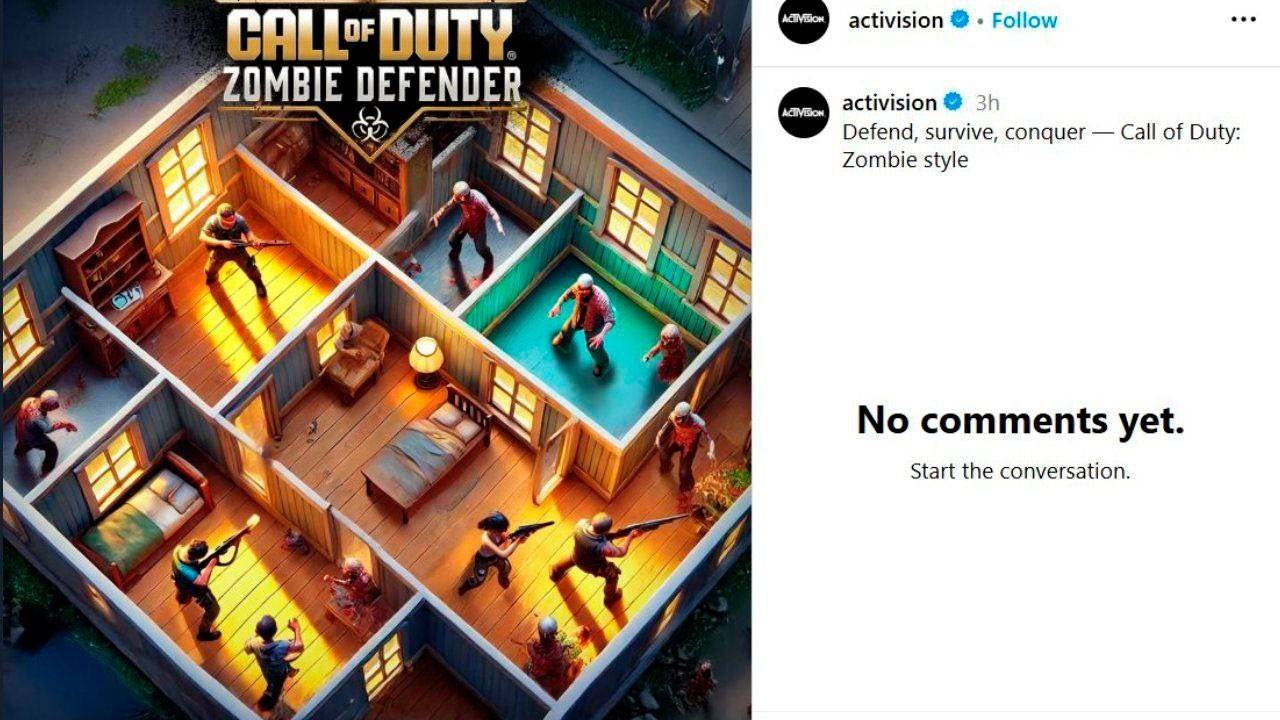 image: apple.com
image: apple.com
The integration of AI in game development and marketing is increasingly becoming a hot-button issue for Activision. The company has already acknowledged the use of neural networks in creating content for Call of Duty: Black Ops 6.
In the wake of the backlash, some of the promotional posts were taken down. It remains uncertain whether Activision genuinely intends to launch these games or if this was merely a strategy to gauge audience reactions with provocative materials.

